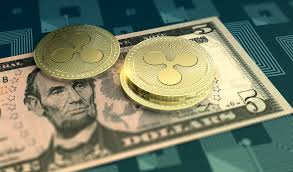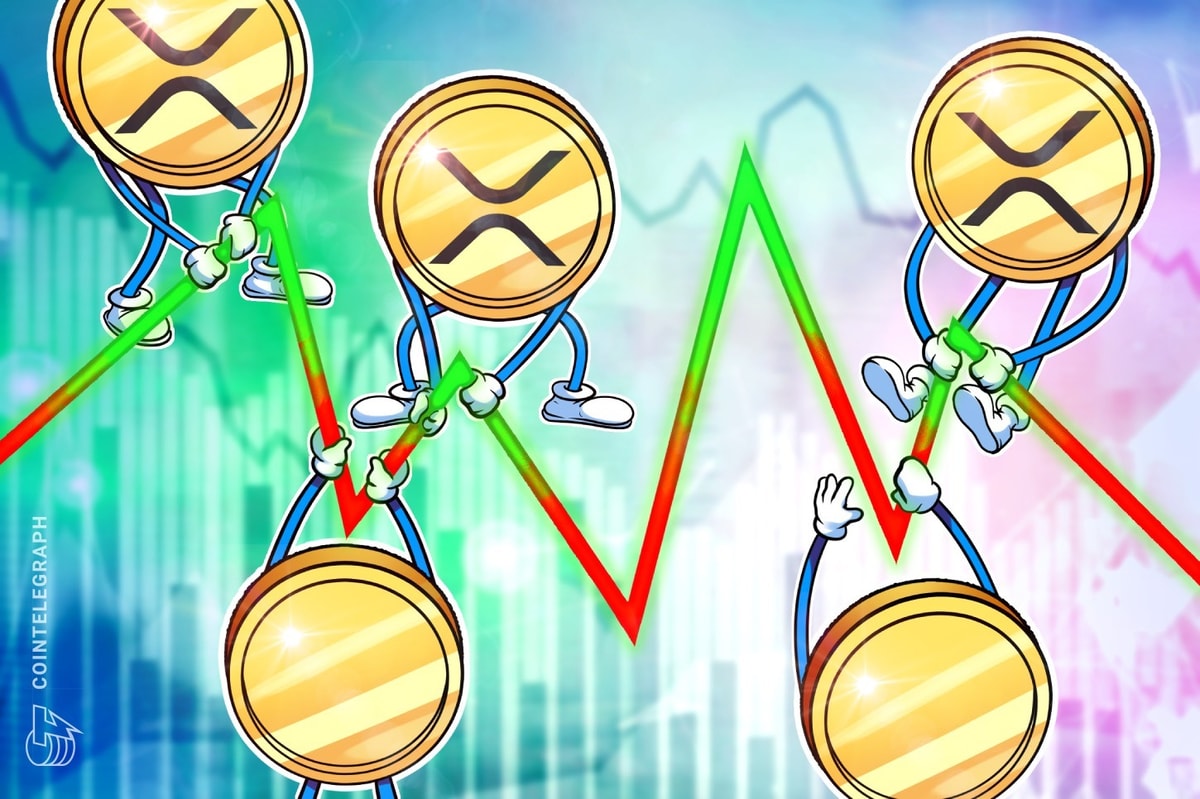The Ripple ecosystem has been experiencing significant growth, achieving new milestones in its expansion into different regions and sectors. The cryptocurrency payments network may have scored one of its best achievements yet in 2024, as reports reveal that the United States banks are potentially gearing up to integrate XRP for international payments.
Ripple Set To Disrupt International Payments Sector
Crypto enthusiast and popular influencer Ben Armstrong published a YouTube Video last week, declaring that the United States has adopted XRP for international payments. Armstrong labeled this potential development as the “biggest catalyst for the growth of the price potential for XRP.”
Since its inception, one of Ripple’s core visions has been to facilitate cross-border payments using blockchain and cryptocurrency technology. XRP’s potential integration into the US banking system could radically improve challenges in the global financial sector, leveraging cryptocurrency technology to boost transactional speed, costs, and efficiency.
In his YouTube video, Armstrong characterized XRP as the transfer medium between digital assets going cross-border. He stated that XRP’s potential expansion into the US international payments sector could foster adoption in the United States.
Presently, the regulatory framework for cryptocurrency in the United States is undergoing challenges. The US Securities and Exchange Commission (SEC) has labeled various cryptocurrencies as securities, triggering negative reactions in the crypto space.
This issue is exemplified by XRP, as the US SEC filed a lawsuit against Ripple in December 2020, accusing the crypto payments company of conducting unregistered securities offerings by selling XRP.
XRP’s Journey Towards Regulatory Clarity
The legal battle between the SEC and XRP is still ongoing, with the final stages of the legal drama approaching. Fortunately, the repercussions of XRP’s regulatory challenges seem to be diminishing after Ripple gained a partial victory against the SEC.
In 2023, Judge Analisa ruled in favor of XRP, stating that programmatic sales of XRP were not considered securities. Due to its newfound regulatory clarity, XRP has been integrated into multiple crypto exchanges which previously delisted it. Additionally, the cryptocurrency is poised to benefit from Ripple’s potential entry into new innovative markets and sectors.
Speaking in a recent interview with Fox Business, Ripple’s Chief Executive Officer (CEO), Brad Garlinghouse, delved into the current regulatory landscape of the crypto industry. He revealed that the US SEC’s Chairman Gary Gensler is facing setbacks in regulating cryptocurrency because he has been “overstepping what the laws say.”
Garlinghouse stated that Gensler was acting on his own agenda rather than prioritizing the people’s interests. He expressed frustrations about the US’s enforcement actions and slow acceptance of the crypto industry, declaring that it was disappointing that the US was spending more time in the judicial process instead of swiftly providing regulatory clarity for cryptocurrencies.










